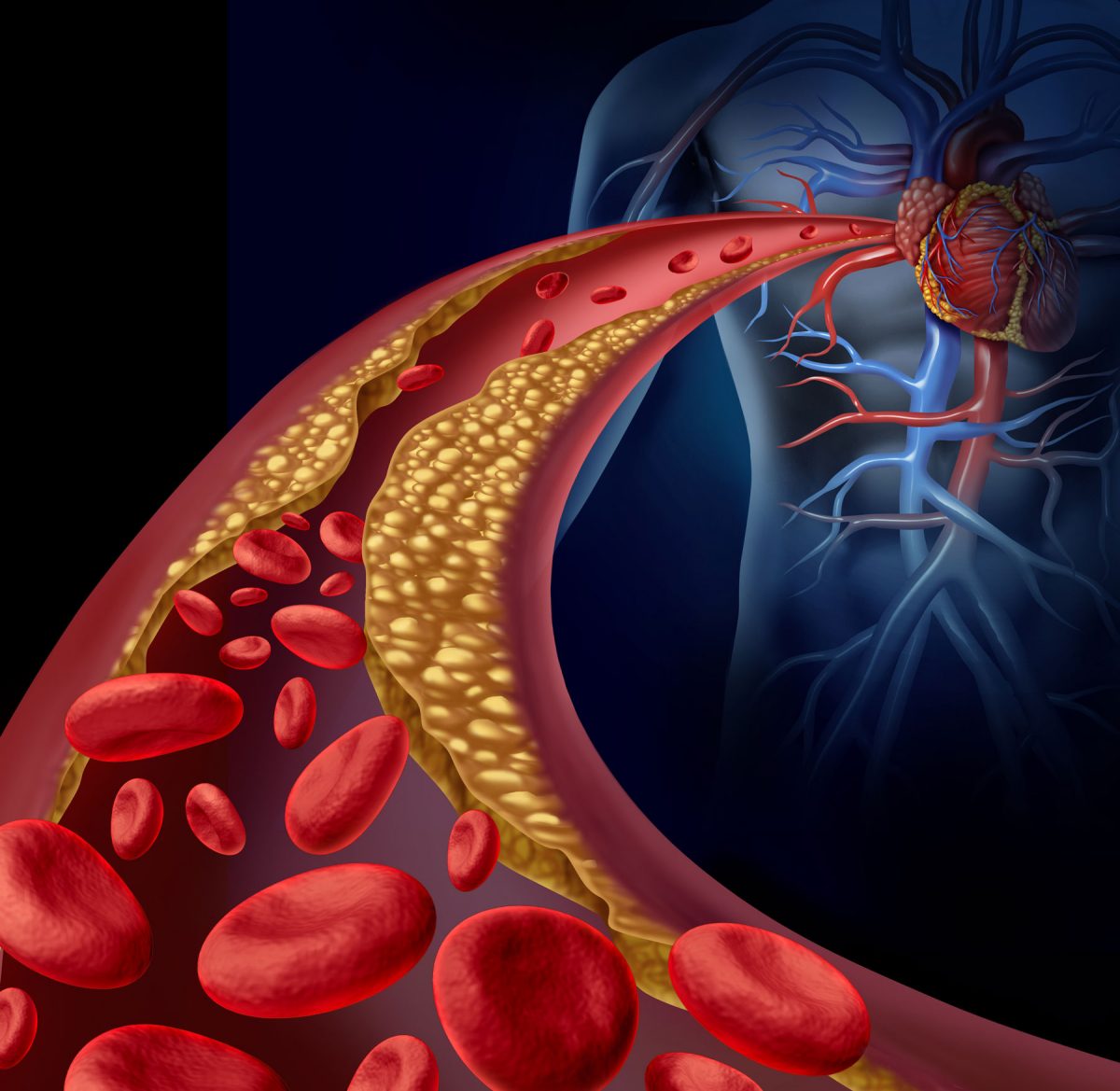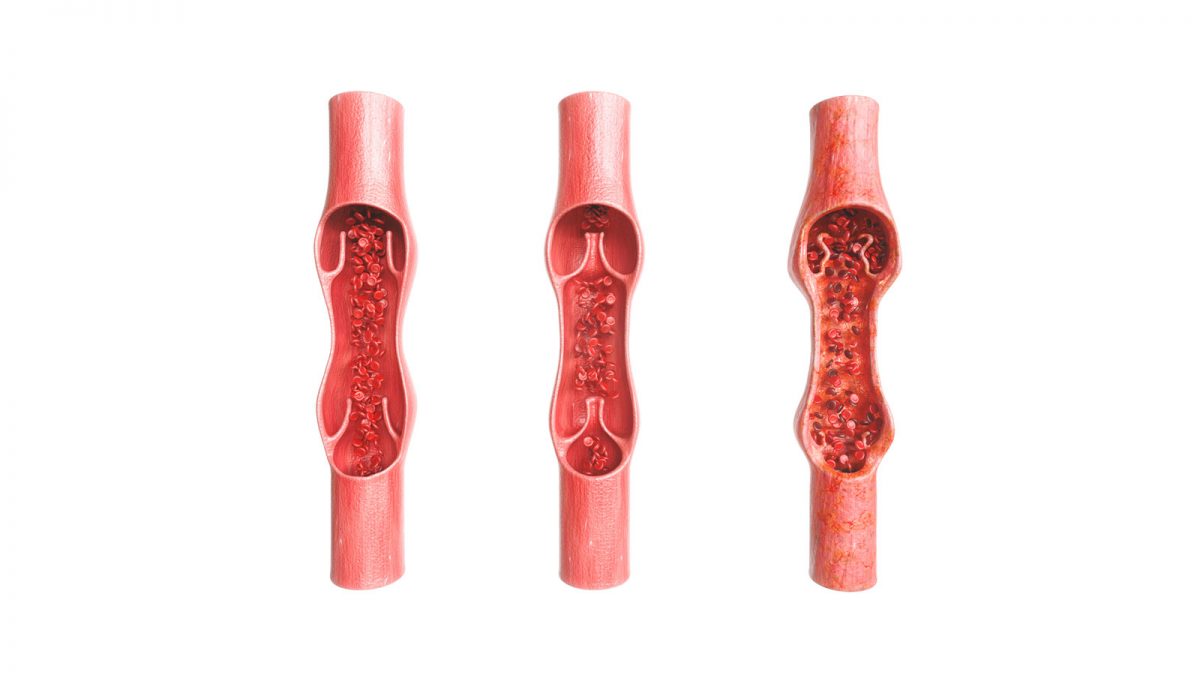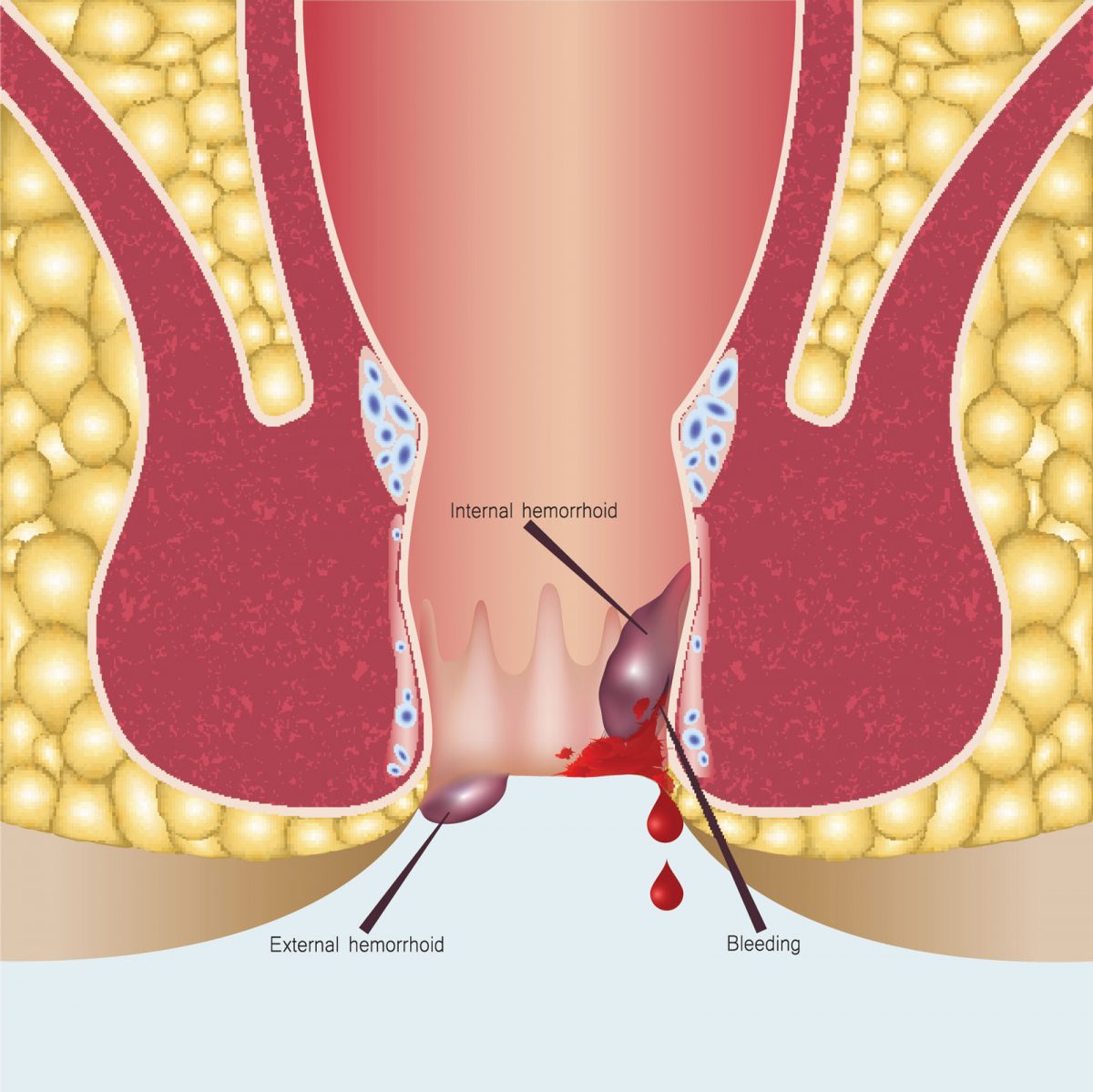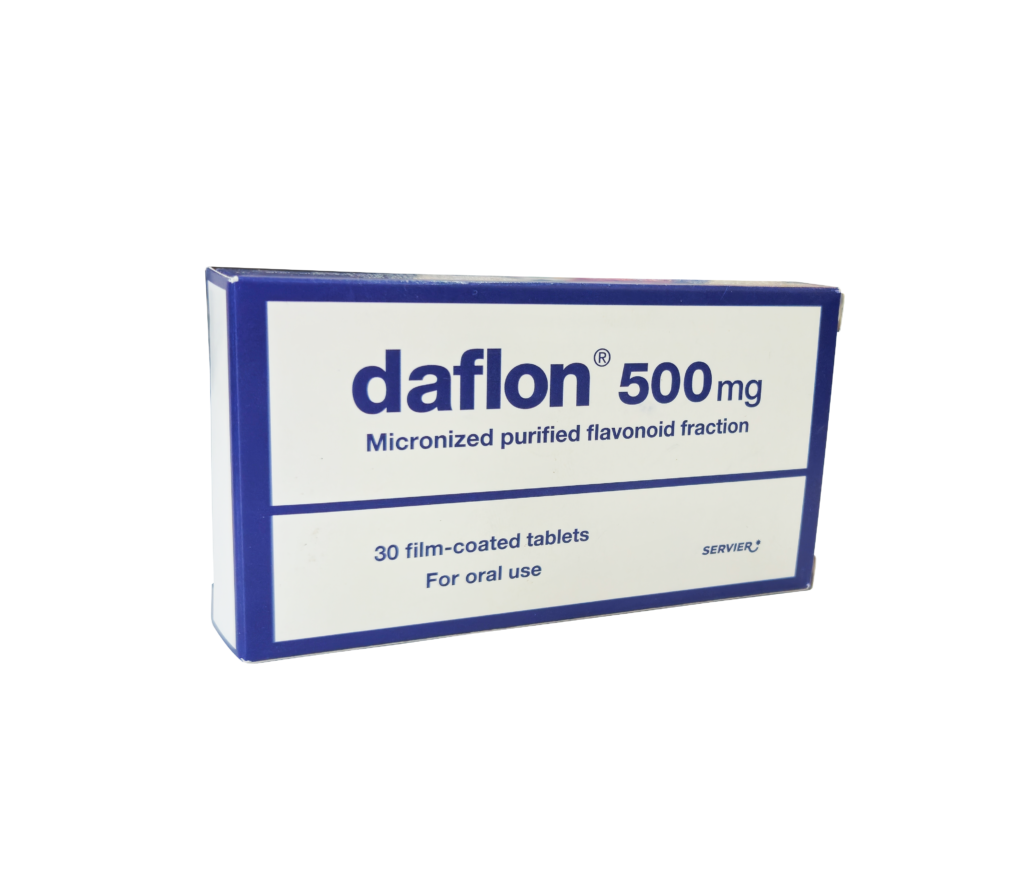This website uses cookies so that we can provide you with the best user experience possible. Cookie information is stored in your browser and performs functions such as recognising you when you return to our website and helping our team to understand which sections of the website you find most interesting and useful.

Anorectal / Vascular Disorders
Anorectal Disease
Anorectal diseases are very common problems that affect many patients of all ages. Treatment is sought from internists and family practitioners, gynecologists, gastroenterologists, general surgeons, and colorectal surgeons. It is critical to understand the basic principles of diagnosis and treatment of these problems to best serve the patients and recognize when they deserve specialty care.
The most common anorectal conditions such as Hemorrhoids can often be treated without surgery and may be amenable to office therapy. The correct treatment of anorectal abscesses and fistulas can be challenging even for the expert, and therefore should be referred to a specialist early in their management. Anal fissures usually respond to simple measures; Botox injection has changed our surgical algorithm. The treatment of anal warts and anal intradermal neoplasia remains quite controversial. Surgery for rectal prolapse is best performed by the colon and rectal surgeon because many important decisions must be made before and during surgery. Pilonidal disease, now considered to be acquired and not congenital, has many different surgical options. Anal cancer is rare, but very responsive to chemoradiation; early diagnosis is critical. Fecal incontinence can be devastating and often goes undiagnosed and undertreated because of the associated societal stigma. The exact etiology of pruritus ani can be challenging to diagnose; however, the treatment often is simple once a careful history has been obtained.
It is important for the clinician to be familiar with these disorders as well as know how to conduct an appropriate history and physical examination.
What Is Vascular Disease?
A system of flexible tubes -- some big, some very tiny -- move fluids throughout the body. If they were stretched end-to-end, there would be enough to circle the Earth multiple times.
Some of them move blood. As the heart beats, it pumps blood with oxygen and nutrients to feed tissues and carry off waste. Arteries move blood away from the heart. Veins return it.
Lymph vessels and lymph nodes are part of a cleaning system that removes damaged cells from the body. They also help protect body from infections and cancer. The vessels pick up fluid from tissues throughout the body. That fluid eventually drains back into veins under the collarbones.
This whole network of vessels is known as vascular or circulatory system. "Vascular" comes from a Latin word for hollow container. Any condition that affects this system is considered vascular disease. The diseases range from problems with arteries, veins, and vessels that carry lymph to disorders that affect how blood flows. A disease can lead to tissues not getting enough blood, a condition called ischemia, as well as other serious, even life-threatening, problems. Some of these vascular diseases are:
- Atherosclerosis and Peripheral Artery Disease
- Aneurysm
- Peripheral Venous Disease and Varicose Veins
- Blood Clots in Veins (VTE)
And etc.











